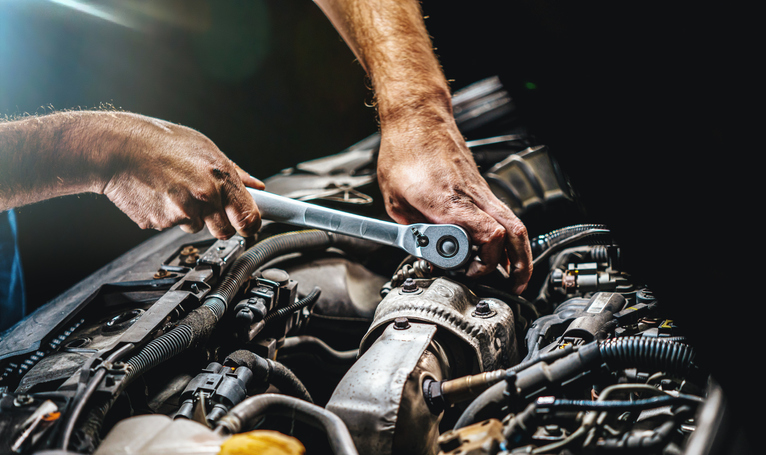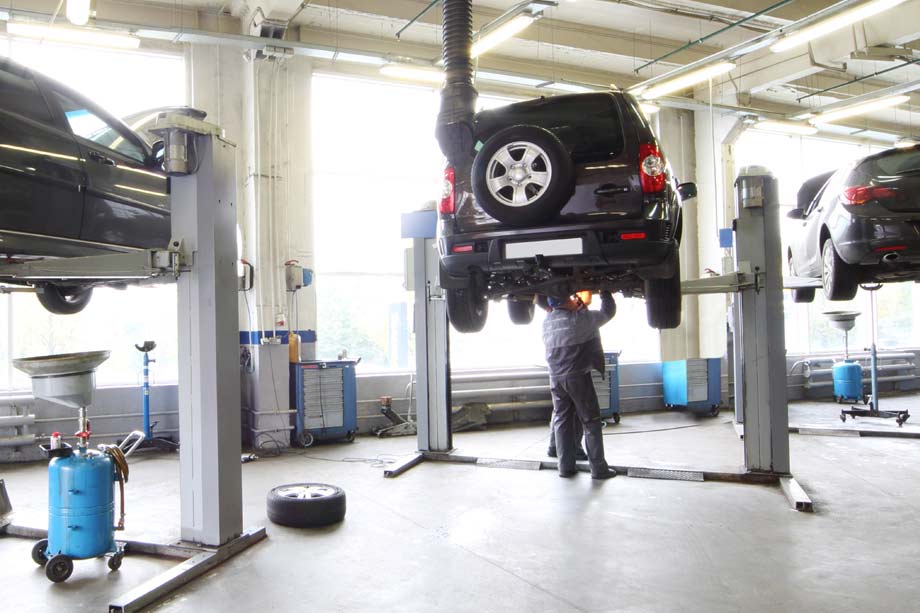All Categories
Featured
As electric cars (EVs) continue to acquire popularity, one vital inquiry has arised: what takes place to the batteries once they get to the end of their life expectancy? EV batteries are big, intricate, and contain useful materials, making proper disposal and recycling crucial. The excellent news is that numerous fixing shops, in collaboration with reusing programs, now offer electrical car battery reusing solutions. Right here's what you require to find out about this evolving market and its importance for sustainability.
![]()
In addition, the growing number of electrical cars on the road has developed a pressing requirement for sustainable solutions to manage battery waste. According to industry forecasts, countless EV batteries will certainly require recycling in the coming years, making repair work stores a vital component of this ecosystem.
Supplier Collaborations: Brands like Tesla, Ford, and GM have developed recycling initiatives, and accredited service center associated with these makers typically facilitate battery recycling. Third-Party Recyclers: Independent service center occasionally partner with companies concentrating on EV battery recycling, such as Redwood Materials or Li-Cycle, which concentrate on drawing out and recycling valuable products from batteries. 3. Just How the Process Functions. When an EV battery gets to the end of its lifecycle, repair work shops take numerous actions to ensure its proper recycling:
Analysis: Service technicians evaluate whether the battery can be repurposed for other usages, such as power storage systems. Disassembly: The battery is meticulously dismantled to divide recyclable products. Recycling Transfer: The taken apart elements are sent to specialized centers where metals and other products are recuperated for reuse. This procedure minimizes waste and makes best use of the value extracted from made use of batteries, supporting a sustainable EV environment.
![]()
Federal government policies and motivations are also driving the development of battery recycling infrastructure. In regions like the EU and The golden state, stringent standards on battery disposal ensure that repair stores and suppliers take responsibility for recycling initiatives.
Verdict. Yes, repair work stores supplying electrical lorry battery recycling are coming to be increasingly usual. These businesses play a vital duty in producing a lasting EV sector by ensuring that used batteries are recycled responsibly.
![]()
As even more service center accept these methods, they not only add to environmental management but also improve the lifecycle of electric lorries. For EV owners, looking for fixing stores with reusing solutions is a significant means to sustain sustainability while maintaining their automobiles.
The future of EV battery recycling is appealing, with repair governments, manufacturers, and stores working together to address the difficulties and construct a greener tomorrow.
- Why Reuse EV Batteries? EV batteries are composed of products like lithium, cobalt, nickel, and manganese-- resources that are limited and energy-intensive to remove. Recycling these batteries protects against harmful chemicals from seeping right into the setting and decreases the requirement for mining new resources. By recovering these components, reusing adds to the circular economic situation and decreases the carbon impact of EV manufacturing.

In addition, the growing number of electrical cars on the road has developed a pressing requirement for sustainable solutions to manage battery waste. According to industry forecasts, countless EV batteries will certainly require recycling in the coming years, making repair work stores a vital component of this ecosystem.
- Repair Shops and Battery Recycling Programs. Numerous forward-thinking service center are tipping up to provide EV battery reusing solutions. These shops usually work in collaboration with suppliers, specialized recycling centers, or government-backed programs to make sure batteries are taken care of securely and efficiently.
Supplier Collaborations: Brands like Tesla, Ford, and GM have developed recycling initiatives, and accredited service center associated with these makers typically facilitate battery recycling. Third-Party Recyclers: Independent service center occasionally partner with companies concentrating on EV battery recycling, such as Redwood Materials or Li-Cycle, which concentrate on drawing out and recycling valuable products from batteries. 3. Just How the Process Functions. When an EV battery gets to the end of its lifecycle, repair work shops take numerous actions to ensure its proper recycling:
Analysis: Service technicians evaluate whether the battery can be repurposed for other usages, such as power storage systems. Disassembly: The battery is meticulously dismantled to divide recyclable products. Recycling Transfer: The taken apart elements are sent to specialized centers where metals and other products are recuperated for reuse. This procedure minimizes waste and makes best use of the value extracted from made use of batteries, supporting a sustainable EV environment.
- The Function of Repair Work Shops in Supporting Sustainability. Repair stores that provide battery reusing not just help in reducing environmental impact but also strengthen client count on. EV proprietors are much more likely to pick companies that show environmental responsibility. Some repair work shops go a step even more by giving incentives, such as discount rates on brand-new batteries or solutions, to customers who reuse their old ones.

- Obstacles and Future Overview. While battery recycling is expanding, obstacles stay. Not all repair stores are furnished to handle EV batteries as a result of their complexity, safety, and size demands. As innovation breakthroughs and need for reusing boosts, more repair work shops are most likely to take on these services.
Federal government policies and motivations are also driving the development of battery recycling infrastructure. In regions like the EU and The golden state, stringent standards on battery disposal ensure that repair stores and suppliers take responsibility for recycling initiatives.
Verdict. Yes, repair work stores supplying electrical lorry battery recycling are coming to be increasingly usual. These businesses play a vital duty in producing a lasting EV sector by ensuring that used batteries are recycled responsibly.

As even more service center accept these methods, they not only add to environmental management but also improve the lifecycle of electric lorries. For EV owners, looking for fixing stores with reusing solutions is a significant means to sustain sustainability while maintaining their automobiles.
The future of EV battery recycling is appealing, with repair governments, manufacturers, and stores working together to address the difficulties and construct a greener tomorrow.
Latest Posts
Protect Your Home with Quality Residential Roof
Published May 24, 25
1 min read
Explore the Greatest Auto Repair Coupons in Montclare, Chicago
Published May 24, 25
1 min read
Experience Your Financial Partner at WyHy – Key Advantages for Your Money Goals
Published May 23, 25
1 min read
More
Latest Posts
Protect Your Home with Quality Residential Roof
Published May 24, 25
1 min read
Explore the Greatest Auto Repair Coupons in Montclare, Chicago
Published May 24, 25
1 min read
Experience Your Financial Partner at WyHy – Key Advantages for Your Money Goals
Published May 23, 25
1 min read